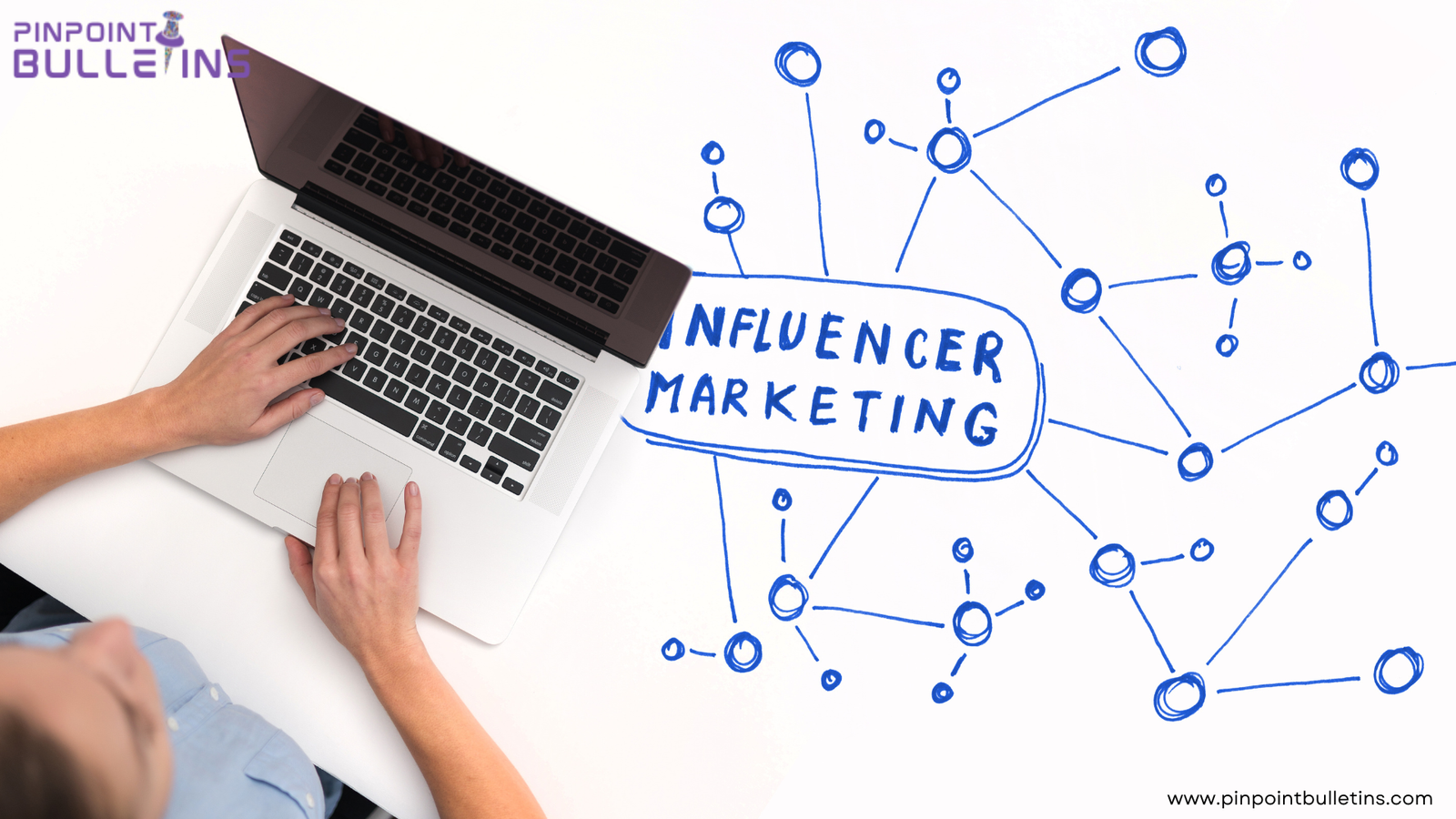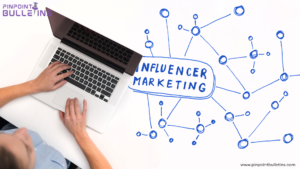In today’s digital-first world, influencer marketing has crossed over from B2C into the B2B landscape, transforming how brands connect with business clients. While B2B influencer marketing might seem like an unusual approach for lead generation, it’s proving to be an invaluable strategy, fostering trust and authenticity that can often be elusive in more conventional tactics. As brands and decision-makers increasingly seek authentic voices, B2B influencer partnerships are making waves by turning insight, authority, and credibility into powerful lead-driving tools.
The Power of Influence in B2B: Where Authenticity Meets Opportunity
Influencer marketing isn’t just for trendy Instagram profiles and viral TikTok challenges. B2B decision-makers are looking for trust and reliability in their partnerships. When done right, B2B influencer marketing taps into existing trust networks, allowing companies to engage audiences who already see value in the influencer’s perspective. In a realm where business decisions are often high-stakes and require rigorous evaluation, an endorsement from a respected industry voice can be the catalyst for lead generation and relationship-building.
1. Picking the Right Influencers: Quality Over Quantity
In B2B, influencer success is less about reach and more about resonance. B2B influencers are typically subject matter experts with established trust in niche industries, from tech and finance to healthcare. Selecting influencers in this space isn’t about numbers; it’s about finding professionals who speak the language of your target audience, addressing real concerns and offering genuine solutions.
To be effective, companies need to prioritize influencers based on three main criteria:
- Relevance: Does the influencer’s content align with the industry and target audience?
- Engagement: Is their audience actively engaged in conversations that are aligned with the company’s values and goals?
- Authority: Do they have a strong foothold in the industry, with deep insights into their niche?
These factors ensure that the brand’s message isn’t just seen but truly heard by the right audience, paving the way for quality lead generation.
2. Thought Leadership and Co-Created Content: Building Trust Through Value
A successful B2B influencer partnership doesn’t just sell—it informs and educates. By collaborating with influencers on thought leadership content, brands can deliver high-quality, relevant insights that resonate with their audience. Co-created content, such as white papers, case studies, and industry reports, positions both the brand and the influencer as authoritative voices in the field.
For instance, when companies co-create webinars or workshops led by trusted industry voices, they not only build trust but also tap into the influencer’s loyal following. This educational content provides actionable insights, making it a highly valuable resource for potential leads who are genuinely interested in the brand’s expertise and offerings.
3. The Role of Social Proof and Trust
In B2B, trust is a core driver of conversions. Influencer marketing taps into social proof, a phenomenon where people rely on the actions and endorsements of others to inform their decisions. When a well-regarded influencer endorses a brand, their followers interpret this as a signal of quality and reliability. This is especially powerful in B2B environments, where clients often seek validation from industry leaders before making purchasing decisions.
For instance, partnerships with influencers in tech or SaaS can help brands build credibility, as these endorsements signal to potential clients that the product is both valuable and trustworthy. Additionally, influencers can share their personal experiences, case studies, and testimonials—elements that go a long way in converting skeptical leads.
4. Utilizing Influencer-Led Events for Engagement
In B2B, the buying journey is complex, often involving multiple stakeholders. Hosting influencer-led events, such as webinars, Q&As, and workshops, offers a unique opportunity to connect directly with these decision-makers in real-time. Unlike traditional marketing approaches, these events foster genuine dialogue, address pain points, and establish an interactive platform where influencers can engage potential leads on behalf of the brand.
These events also provide businesses with rich data on potential leads who register or attend, allowing companies to follow up and further nurture these connections. Moreover, influencers can guide discussions, introduce products or services naturally, and help attendees feel more confident in the brand.
5. Employee Advocacy: Building Influence from Within
Sometimes, the most impactful influencers are within the organization. Employee advocacy is a powerful tool where companies encourage their own employees to share content and insights. Employees are often seen as credible voices in their networks, and their involvement creates a layer of authenticity that resonates with potential clients.
Empowering employees to become advocates can amplify the reach of influencer campaigns, especially when they engage with external influencers. When combined with influencer marketing, this approach can dramatically increase visibility and make the brand’s messaging more relatable and trustworthy.
Measuring Success: The Key to Sustainable Influence
To ensure that influencer campaigns are genuinely contributing to lead generation, businesses must define clear KPIs and regularly evaluate them. Essential metrics include:
- Engagement rates on content co-created with influencers
- Lead quality and conversion rates originating from influencer-led channels
- Brand sentiment and mentions across social platforms
These KPIs offer valuable insights into what’s working and highlight areas for optimization, making it possible to fine-tune strategies for even better performance.
Conclusion: The Future of B2B Influencer Marketing
As B2B brands continue to explore new ways to connect with audiences, influencer marketing stands out as an innovative approach to building relationships, establishing credibility, and ultimately driving lead generation. By nurturing partnerships with industry leaders, brands can make a meaningful impact, turning thought leadership and social proof into tangible business results.
Interested in exploring how influencer marketing can accelerate your B2B growth? Connect with our team at Pintip Media to learn how we can help you build an influencer strategy that works.





